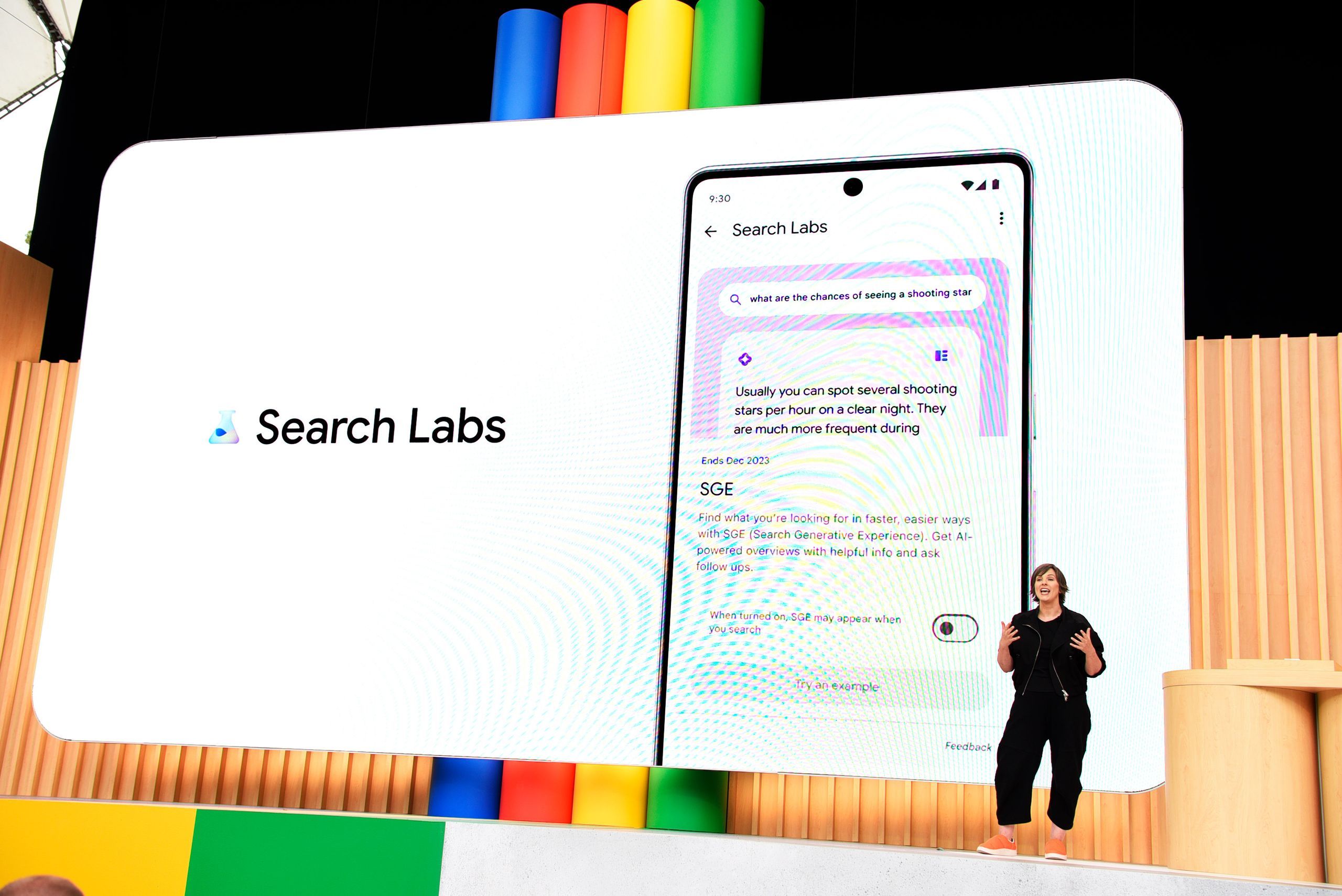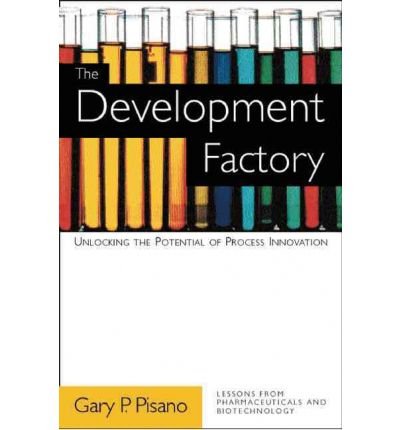Google Search AI And Web Data: The Implications Of Opt-Outs

Table of Contents
Understanding Google Search AI's Data Dependence
Google Search AI’s sophistication relies heavily on its ability to learn from massive datasets. This data includes: crawled web content from billions of websites, user search queries, clickstream data (which websites users visit after a search), and location information. This comprehensive data allows the AI to refine its algorithms, improving search result relevance and personalization.
- Types of Data Used: Google uses various types of data, including textual content, images, videos, user interactions, and location data. This diverse data pool is crucial for training sophisticated AI models.
- Benefits of Data Usage: The use of this data leads to improved search relevance, personalized results tailored to individual users' interests, and the development of new features like AI-powered suggestions and summaries.
- Limitations and Biases: However, relying on this data introduces potential biases. If the data itself reflects societal biases, the AI might perpetuate them, leading to unfair or inaccurate search results. This is a crucial aspect of the ongoing discussion around AI ethics and fairness.
The Mechanics of Opting Out: What Does it Actually Mean?
Currently, a complete and universal Google Search AI opt-out isn't readily available. Google’s data collection practices are multifaceted and integrated into various services. While users can adjust privacy settings in their Google accounts, completely removing all data used to train its AI remains challenging.
- Limitations of Opt-Out Options: Even with privacy adjustments, Google might still collect some anonymized data for general algorithm improvement. The extent of data collection reduction with adjusted settings varies.
- The Process of Opting Out (Where Applicable): Users can adjust their Google account settings to limit the collection of certain data like location history and personalized ads. However, these changes don’t represent a total opt-out from data collection that contributes to Search AI.
- Impact on Personalized Search Results: Opting out, where possible, will inevitably lead to less personalized search results. You'll likely see more generic results rather than those tailored to your past searches and browsing history.
Implications for Users: The Trade-offs of Privacy and Personalization
Opting out of Google Search AI data collection represents a trade-off between privacy and personalization. While increased privacy is a desirable outcome, users should be aware of the potential downsides.
- Decreased Relevance: Search results might become less relevant, as the AI lacks the personalized data to fine-tune its recommendations.
- Loss of Features: Some features that rely on personalized data, like personalized news feeds or tailored recommendations, may function less effectively or be unavailable.
- Improved Privacy: The primary benefit is enhanced privacy, as less personal data is collected and used to build a profile of your online activity.
Implications for Google Search AI Development
Widespread Google Search AI opt-outs would significantly impact Google's ability to train and improve its AI algorithms.
- Less Accurate and Diverse Training Data: Reduced data availability, especially personalized data, could lead to less accurate and less diverse training data, hindering the AI's ability to understand nuanced search queries.
- Impact on Future AI Development: This could slow down innovation in search technology, potentially limiting the development of new features and improvements to search accuracy.
- Decline in Search Result Quality (Potential): While not certain, a decline in the overall quality of search results for all users is a potential consequence of less comprehensive training data.
Ethical and Legal Considerations of Data Collection and Opt-Outs
The ethical implications of data collection and the right to opt out are complex and multifaceted.
- Data Privacy and User Consent: Central to the debate is the balance between Google's need for data to improve its services and users' right to privacy and control over their personal information. Informed consent is paramount.
- Relevant Data Protection Regulations: Regulations like the General Data Protection Regulation (GDPR) in Europe and the California Consumer Privacy Act (CCPA) in the US aim to protect user data and grant individuals more control over their personal information.
- Potential for Legal Challenges: Google's data practices remain subject to scrutiny, and legal challenges concerning data collection and the effectiveness of opt-out mechanisms are possible.
Conclusion
The Google Search AI opt-out dilemma highlights the inherent tension between personalized search experiences and data privacy. While opting out offers increased privacy, it may come at the cost of reduced search relevance and personalized features. For Google, widespread opt-outs could hinder AI development and potentially impact the overall search experience. Understanding these trade-offs is crucial for making informed decisions about your data usage. We encourage you to research your options regarding your data privacy and Google’s data collection practices, and to make informed decisions about your own Google Search AI opt-out preferences. Further reading on data privacy and AI ethics is recommended to fully understand the complexities of this issue.

Featured Posts
-
 Seagrass Planting Revitalizing Scotlands Coastal Ecosystems
May 04, 2025
Seagrass Planting Revitalizing Scotlands Coastal Ecosystems
May 04, 2025 -
 West Bengal Faces Chilling Temperatures Latest Weather Update
May 04, 2025
West Bengal Faces Chilling Temperatures Latest Weather Update
May 04, 2025 -
 Concert Highlight Lizzos Show Stopping Appearance In Los Angeles
May 04, 2025
Concert Highlight Lizzos Show Stopping Appearance In Los Angeles
May 04, 2025 -
 Analysis Kanye Wests Relationship With Bianca Censori And The Issue Of Control
May 04, 2025
Analysis Kanye Wests Relationship With Bianca Censori And The Issue Of Control
May 04, 2025 -
 Unlocking Canadas Potential Gary Mar On The Importance Of Western Development
May 04, 2025
Unlocking Canadas Potential Gary Mar On The Importance Of Western Development
May 04, 2025
